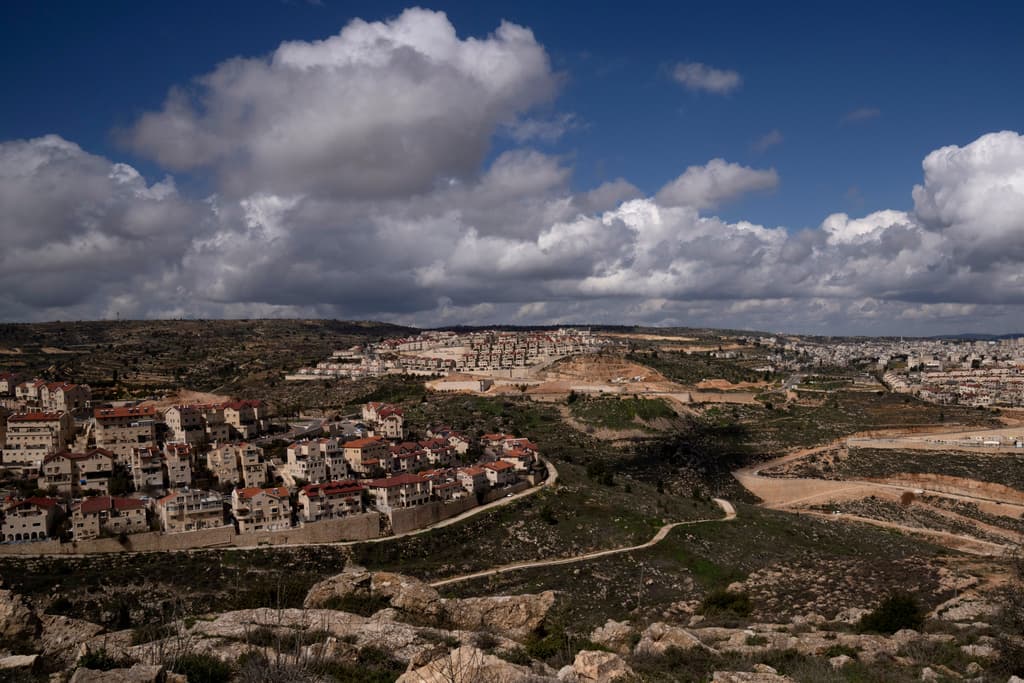Israel's occupation of Palestinian territories is illegal, the International Court of Justice in The Hague (ICJ) has ruled.
A statement that will have marginal consequences, according to international law expert Ove Bring.
After ICJ's statement, the illegality of Israel's occupation is a fact – and those who have previously criticized Israel for violating occupation rules will get further support, according to Ove Bring, professor emeritus of international law at Stockholm University.
Israel will be further stigmatized and will have to pay a political price for the warfare they are conducting, he says, adding that Israel can now be isolated even more in the international community.
More may recognize Palestine
Bring does not believe that the statement will affect how one talks about the war in Gaza.
No, I don't think so, unfortunately not. The war will continue as before.
On the other hand, Bring can imagine that ICJ's statement will lead to even more countries recognizing Palestine as a state.
Criticism of Israel is old, and therefore ICJ's statement was not unexpected, according to Bring. An occupation should cease relatively soon after it has been established, and the occupation of East Jerusalem and the West Bank should have ceased several decades ago, he says.
Self-determination should be revived
Occupations should not lie like a wet glove over a population in a certain territory, but the population has its right to self-determination, which should be revived at some point after the occupation has lasted as long as it needs to.
Gaza is a special case, Bring believes, since Israel already ceased its occupation in the early 2000s.
The court has instead made a point of the fact that Israel has had a high degree of control over the Gaza territory, in a way that has made it impossible for the Palestinians in the Gaza Strip to live a normal life and exercise their right to self-determination.






